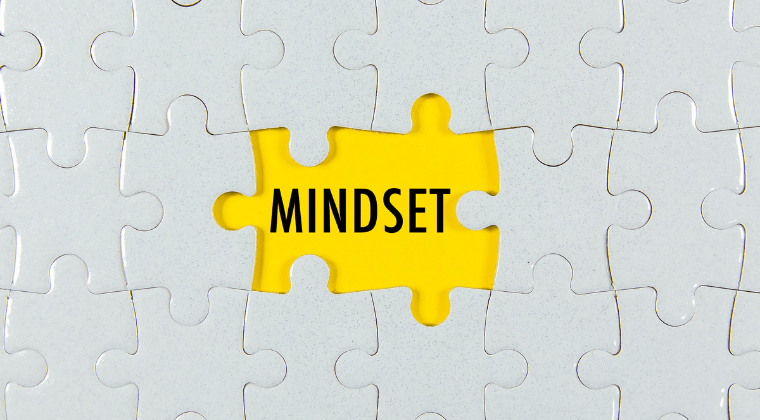Written by: Hillary Lee
Have you ever used any of these phrases before?
- You got first place!! High Five!!
- You made that look so easy!
- You were perfect! I’m so proud
- You did it! You’re so smart!
- Look at you! You’re a natural!
On the surface, these positive praises seem completely fine to use to congratulate children on their achievements – you’ve likely used them yourself!
But these all have one common problem.
They use fixed mindset language.
Why is it a problem?
These seemingly harmless compliments may end up causing more harm than good in the long run. The intentions behind using them are surely good ones. After all, you want your students to feel proud, but there are harmful side effects that may have never crossed your mind.
After hearing these types of praises over and over again, children begin to feel like their talents and abilities are limited to the meanings and implications of these praises.
A child labeled a “natural” may feel like they can’t show that they’re trying, and be reluctant to put in too much effort or practice for fear they will lose their status as “being a natural”.
A child labeled the “best”, “perfect” or a high achiever may feel overly discouraged and disappointed when they don’t outperform their peers.
In fact, it is shown that the students most likely to cheat on exams are actually the “A” students, not the B’s, C’s and D’s as one might think. This is due to the pressure they put on themselves to be the best or risk losing the love and pride they are given from parents, teachers and peers.
How can I praise children?
This doesn’t mean that you shouldn’t celebrate their accomplishments! The key is in knowing WHAT to praise.
The key to developing a child’s growth mindset and avoiding possible fixed mindset pitfalls are to Praise Their Effort/Approach, Not The Outcomes.
Rather than using the types of compliments mentioned above, try to identify WHAT positive actions they are doing that is helping them achieve their positive results. Plant seeds that can grow in their mind that no matter what outcomes from their last attempt, they can always get better and can achieve whatever they want to achieve. You can praise them on their:
- Tenacity
- Creativity
- Persistence
- Diligence
- Patience
- Practice
- Unique Perspective
- And Overall Approach to Tasks.
The goal is to help them build healthy habits and feel excited about learning and growing.
If you want to learn more about using growth mindset language, check out this free course, Growth Mindset in the Classroom.


